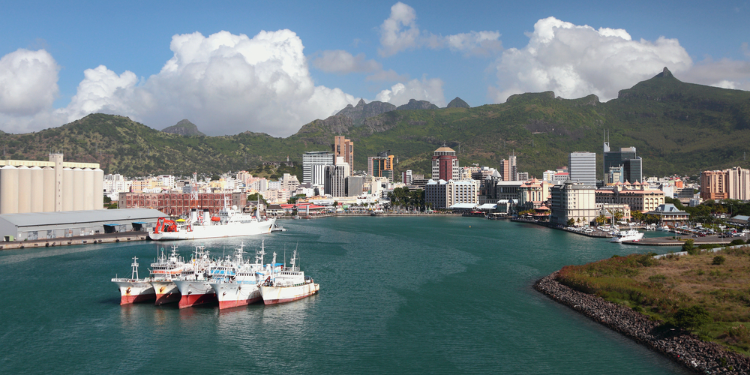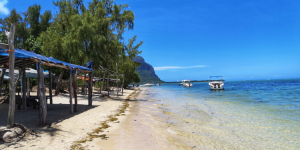
This week's release of the World Economic Forum's annual Global Risks Report sheds light on the challenges ahead for Mauritius, while Cyclone Belal inflicts extensive damage across the island.
Global Risks Report 2024 reveals critical threats to Mauritius in the next two years
According to the Global Risks Report 2024 from the World Economic Forum, Mauritius is anticipated to grapple with five primary challenges over the next two years. These include persistent labor shortages, an economic slowdown linked to global factors like the anticipated recession in the UK and incidents in the Red Sea, ongoing growth in public debt, inflation – especially with potential repercussions on imports due to unrest in the Indian Ocean – and lastly, extreme weather events exemplified by the current threat of Cyclone Belal. Economic analysts also highlight specific challenges, such as the lack of enthusiasm for certain local jobs, the necessity for adequate skills in particular sectors, and the government's need to take concrete steps to address these structural issues. The identified risks raise concerns about their potential impact on economic growth, financial stability, and the country's resilience to climate change.
Compensation for owners of vehicles damaged during Belal
The capital of Mauritius is grappling with a provisional count of 230 vehicles damaged due to rising waters caused by the downpours accompanying the passage of Cyclone Belal last Monday. Although all vehicles have been removed from public roads, some remain submerged in private parking lots. In response, it has been decided that individuals without adequate insurance for Belal-related damages will be compensated by the Financial Services Commission (FSC). The CEO of the FSC announced this measure on Radio-Plus on Wednesday morning. This compensation applies to homeowners without specific insurance covering cyclone or flood damage, with the compensation amount to be determined by assessors. The Financial Services Commission swiftly established a Special Desk, operational since Wednesday, to handle these claims.
Local museums struggle in the cyclone aftermath
The passage of Cyclone Belal has left local museums grappling with its impact. At the Natural History Museum on Rue La Poudrière in Port-Louis, water infiltrated the premises, reaching artifacts on display. While the iconic dodo bones in the building remain unharmed, the courtyard and interior now bear the mark of a thick layer of mud, leaving traces on displays and some exhibits. Regrettably, this isn't the first time the Port-Louis Natural History Museum has faced flooding, with memories of a deadly 2013 flood still vivid. Fortunately, the museum in Mahébourg safeguarded its artifacts through a preventive protocol. However, in Rose-Belle, the Musée de la Petite Collection will temporarily close, having suffered significant damage, including the loss of an old train carriage whose metal sheets were torn off by gusts of wind. Beyond material losses, the museum faces a financial setback due to the temporary closure for cleaning and repairs following the cyclone.



















